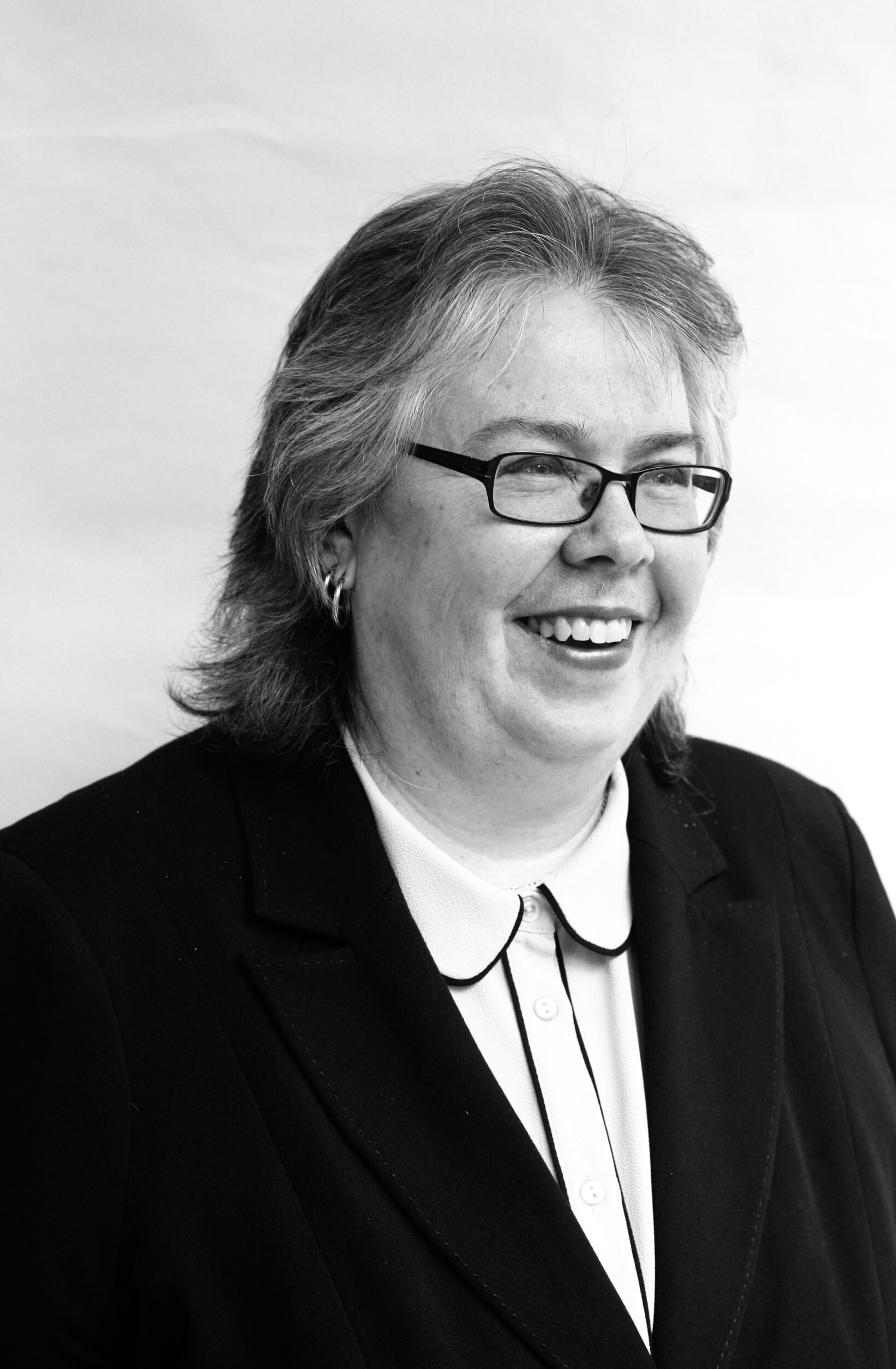Whilst it is always important to have a Will, this is particularly important if you are an expat resident in Spain, or even if you just have a holiday home there.
The Brussels IV Regulation that came into force in August 2015 was intended to simplify matters between member states when making Wills and dealing with succession issues, giving a person the option to choose which law is applied to their estate on death (either their law of nationality, or the law of the country in which they are habitually resident).
Even though the UK never opted into the Brussels IV Regulation, many people are unaware that it will still affect UK nationals with assets in Regulation states – Spain being one of them. Before 2015, the rules of your nationality applied. After August 2015, for those habitually resident in Spain, for example, Spanish law would come into force, unless otherwise stipulated in your Will.
It is not commonly known that Spain is a country with forced heirship laws on succession, meaning that you must allocate a percentage of your estate to direct descendants. It is therefore important to have your UK Will reviewed if you do not have a Spanish Will, and to have a clause added to your UK Will to the effect that the law of England and Wales will apply. If this is done now, Brexit will not affect your Will as the UK never signed up to the Brussels IV Regulation and there is nothing to say that the law chosen to be applied on death has to be that of a member state – it could of course be that of any other state.
If you are an expat in Spain, or you are considering becoming a Spanish citizen, think carefully.
Spanish succession law is very different from that of England and Wales. A Spanish national must abide by forced heirship as referred to above, meaning that you must leave at least one third of your estate to your children in equal shares. You must also leave a further third of your estate to your children, but this does not have to be equally distributed. The final third of your estate can be left to whomever you wish. If these rules were not adhered to in Spain, your Will would be null and void.
It is of course known in the UK that if, for example, you fall out with a child, you can leave them out of your Will – but in Spain this cannot happen. If you do not have children, you must leave a percentage of your estate to your surviving parents. If you do not have surviving parents, you must leave a percentage to your spouse, and if you have no spouse then collateral relatives have the right to inherit.
Rather than adding a clause to your UK Will confirming that you wish to abide by the law of England and Wales, you may opt to make a separate Will in Spain to deal with your Spanish assets whilst maintaining a Will in the UK to deal with your UK assets. This could save potentially considerable delays in the administration of a UK Will in Spain. It is a very good idea for your Spanish and UK lawyers to work together to ensure that the Wills do not revoke one another.
As noted above, it is very important to avoid dying without a Will if you have Spanish assets as this would make the Spanish probate process very complicated and time-consuming. If you have assets in Spain it is important to ensure that your current Will covers your Spanish assets.
A further consequence of Brexit may well be that expats will have to pay a higher rate of inheritance tax than they do currently. At the moment EU citizens all pay the same level of inheritance tax, but this may change after Brexit. Brexit is only going to make matters more complicated, largely because so much is still unknown.
These notes are intended for information purposes. They are not a full statement of the law and should not be relied on as specific legal advice.

